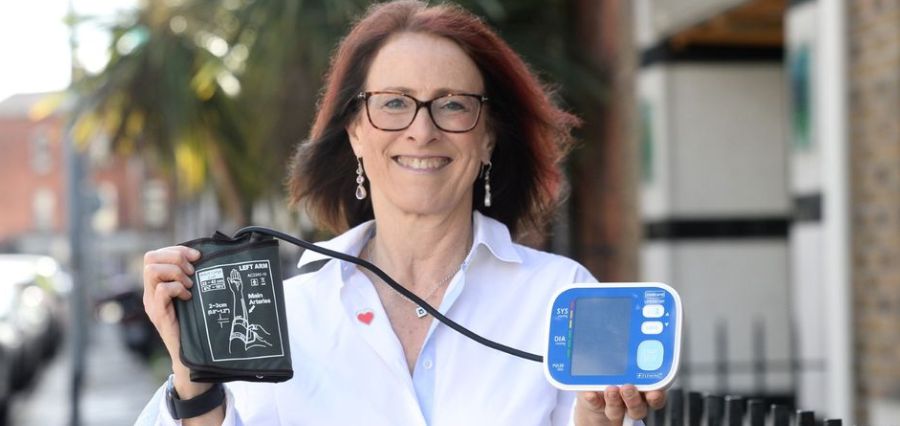The Irish Heart Foundation is advising people to get their blood pressure checked in order to screen for the “silent killer” of high blood pressure. In order to identify the illness, which frequently exhibits no symptoms, the charity is urging the general people to get tested by their general practitioner or at a pharmacy.
Heart attack, stroke, heart and kidney failure, or dementia can all be caused by high blood pressure.
Janis Morrisey, Director of Health Promotion at the Irish Heart Foundation, once observed, “What you don’t know could kill you.” “The great majority of the time, high blood pressure is symptomless,” she continued. According to the most recent data, heart disease and stroke claimed about 10,000 lives in Ireland in 2022.
Blood pressure is a gauge of how well the heart circulates blood throughout the body; elevated readings and hypertension can be controlled with medication and lifestyle modifications.
A blood pressure value of 120 over 80 is considered normal, while anything over 90 is considered high. Ms Morrisey has said: “The vast majority of those diagnosed with hypertension have no warning symptoms, so it is vital that blood pressure is checked and kept in check.”
“It is quick, easy, pain-free and does not involve a blood test,” she added.
It occurs during the Irish Heart Foundation’s “Before Damage is Done” campaign, which aims to get adults to get their blood pressure checked in May and June. The national charity has advised anyone over 50 in particular who may be living with high blood pressure to get checked because the risk of high blood pressure grows with age. Every five years, those over 30 should get their blood pressure monitored.
Ms. Morrissey continued, “A GP will examine cholesterol, weight, and lifestyle factors to assess your cardiac health because there may be a history of hypertension in your family.” A general practitioner (GP) can determine a patient’s risk level and suggest more frequent examinations.
In addition to taking prescription medicine, managing hypertension can also involve making lifestyle modifications such eating a balanced diet, getting more exercise, giving up smoking, and consuming less alcohol.











